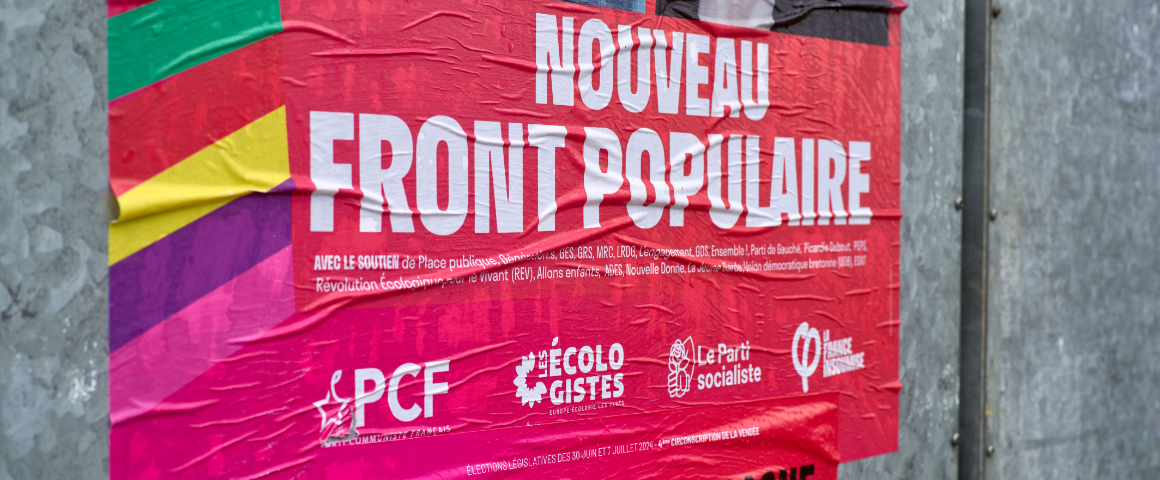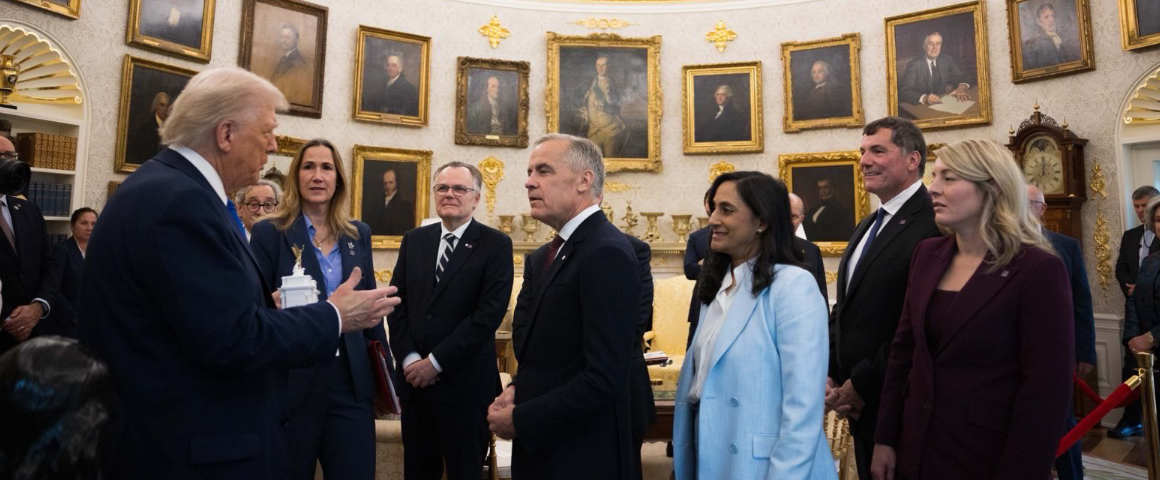By Adrien Welsh
At the end of the European elections, Emmanuel Macron and the presidential camp received an unexpected political slap in the face. The French president’s party came third, with just under half the electorate voting, compared with the far-right Rassemblement National (National Rally, RN) which topped the poll.
In addition to this rejection, because that’s what it is, the failure of the “Macronie” is twofold. Given that the cornerstone of its project is the construction of the European Union of capital, the abstention of half the electorate represents a rejection of Macron policies in particular, but also of the general policies of capital which have been imposed in an increasingly aggressive manner since the successive five-year terms of Nicolas Sarkozy and François Hollande. In fact, it was under the latter that the biggest transfer of wealth from labour to capital was orchestrated, with the Competitiveness and Employment Tax Credit (CICE). Macron is following in these footsteps.
Between 2017 and today, Macronist policies have had no effect beyond alienating working people. Between the revolt by the Yellow Vests and the struggle against pension reform, it is abundantly clear that the French ruling class has worked hard to sow divisions among working people, all to the great delight of the bosses and the EU, who are succeeding in imposing their agenda.
So it’s not surprising that among working people, “anybody but Macron” has become the main watchword, accompanied by widespread cynicism about the policies of both the political left and right.
Against this backdrop the president dissolved the National Assembly. He wants a free hand to turn the executive and the legislature into two well-oiled, coordinated transmission belts for the roadmap from the bosses’ and the financial markets.
Many saw Macron’s dissolution as a double-cross. But he was only trying to repeat Chirac’s 1997 attempt to get out of a similar situation by dissolving the National Assembly. That had been a stroke of genius. Chirac’s main aim was to ensure that the right wing would not be blamed for the austerity policies imposed by the employers. In the end, left-wing ministers like Jean-Claude Gayssot “distinguished” themselves in Lionel Jospin’s Plural Left government by privatizing transport, telecommunications and other areas.
Today, the Palais Bourbon is divided into three main trends. The far right, which came first in the first round and then third in the second, remains the big winner of the election, with an increase of more than 14 percent in the vote. As the RN’s Marine Le Pen wrote, “If we win, we win. If they win, we win.”
The biggest loser in terms of votes was undoubtedly Macron’s camp, which lost 95 seats.
However, on the left, although the New Popular Front (NFP) list came in first, it could not be called a victory. The broad left-wing electoral alliance received 7 million votes, a far cry from the 10 million votes obtained by the RN and its ideological affiliates. Moreover, internal dissension, combined with the propensity of the Socialists and Greens to rally to Macron and his camp, raise questions about the NFP’s sturdiness.
As part of the NFP, the French Communist Party (PCF) picked up just 2.3 percent of the popular vote and had just 9 candidates elected. This is its worst electoral performance since 2012 when it had 7 candidates elected, although with a higher popular vote than the recent election.
So, between a reinvigorated and highly organized far right that is content to play the role it has been assigned and a political left without an influential Communist Party, it’s hard to believe that Macron has lost his bet.
Support working-class media!
If you found this article useful, please consider donating to People’s Voice or purchasing a subscription so that you get every issue of Canada’s leading socialist publication delivered to your door or inbox!
For over 100 years, we have been 100% reader-supported, with no corporate or government funding.




